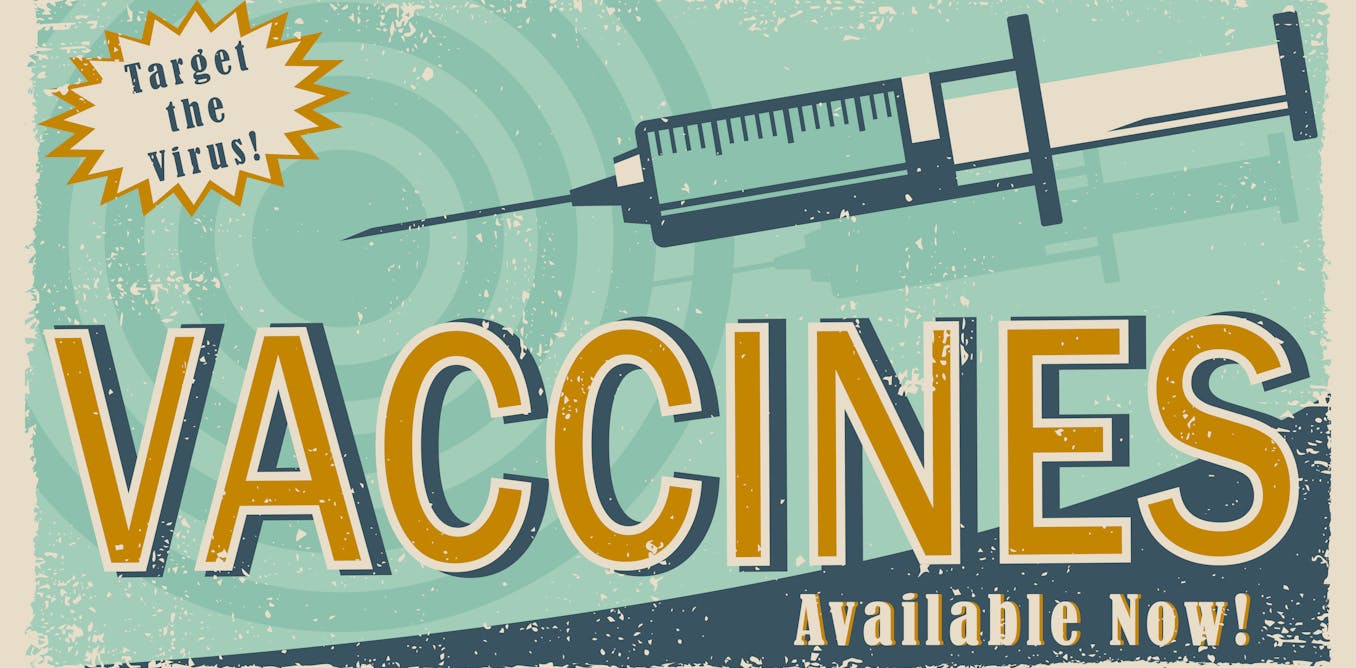COMMON painkillers could be costing the NHS millions – as they can trigger heart attacks, strokes, kidney damage and dangerous bleeds in high risk patients.
Researchers estimated that prescribing certain pain-relieving drugs to people at high risk of harm from them will cost NHS England around £31million over 10 years.
1
Non-steroidal anti-inflammatory drugs (NSAIDs) are used to relieve pain, reduce inflammation, and bring down a high temperature.
They include drugs like aspirin and ibuprofen and are one of the most widely prescribed groups of medicines in the world, according to researchers writing in the BMJ.
But these ever-so-common meds are also known to increase the risk of gastrointestinal bleeding, heart attacks, stroke, and kidney damage.
“NSAIDs, including aspirin, are responsible for 30 per cent of hospital admissions related to an adverse drug event, mainly due to gastrointestinal bleeding, myocardial infarction, stroke, and renal
injury,” researchers wrote.
Countries across the world – including the UK – have made efforts to reduce the number of NSAIDs dished out over the last 25 years, highlighting safer alternatives and helping GPs identify vulnerable patients.
But despite a range of initiatives to reduce their use, NSAID prescribing is still common in people at high risk of harm.
These groups include:
- Adults over the age of 65 with no gastroprotection (drugs that protect the stomach from damage)
- People who are taking other medications that can increase bleeding risk along with NSAIDs, such as blood thinning drugs (anticoagulants)
- Patients with heart failure
- Patients with chronic kidney disease
- Those with a history of peptic ulcers – a sore on the lining of your stomach, small intestine or oesophagus
Researchers set out to estimate the extent of harm caused to patients and the costs of NSAID prescribing to high risk groups in the NHS in England over a 10-year period.
They drew on previously published research on prescribing safety in the country, which provided a baseline number of people affected by “hazardous prescribing events” in April 2020.
Encompassing 10,906,453 patients in total, the research used data from pharmacists on medication errors as well as GP practices.
They flagged instances of hazardous prescribing of NSAIDs for all five high risk groups outlined above.
Researchers then used economic models to estimate the harm caused to patients with each hazardous prescribing event, measuring the number of years living in good health that they’d lost.
They also estimated how much it cost the NHS in England to manage the fallout of hazardous prescribing over a decade.
Over 10 years, the five NSAID-related hazardous prescribing events led to a total loss of 6,335 quality adjusted life years (QALYs), at an estimated cost of £31.43million to the NHS in England.
The average cost to the NHS ranged from £14 for prescribing NSAIDs to patients with heart failure, to £1,097 in people also taking anticoagulants.
Non-steroidal anti-inflammatory drugs (NSAIDs)
The main types of NSAIDs include:
- Ibuprofen
- Naproxen
- Diclofenac
- Celecoxib
- Mefenamic acid
- Etoricoxib
- Indomethacin
- Aspirin for pain relief (low-dose aspirin is not normally considered to be an NSAID)
Source: NHS
Nationally, the most common hazardous prescribing event was for NSAIDs given to older adults with no gastroprotective drug.
Researchers estimated it would cost the NHS £2.46million and result in 1,929 QALYs lost.
But dishing out NSAIDs to people taking oral anticoagulants was associated with the greatest harm and cost nationally, leading to 2,143 QALYs lost and costing the NHS £25.41million.
“We estimated that these hazardous prescribing events will be associated with 778 excess deaths in England in the subsequent 10 years, as well as substantial gastrointestinal, neurological,
cardiac, and renal morbidity,” researchers said.
Shorter exposure to NSAIDs was linked to a lower risk of harm, but researchers flagged that at least half of the observed harms occurred in the first year and a half of treatment.
Researchers pointed to several limitations in their research.
Their findings were observational and scientists said limitations around dose, length of exposure NSAIDs, and accounting for all harms may have affected their estimates.
The results may not apply to other non-UK settings, they added.
However, they said further analyses testing the strength of their findings yielded similar results.
They concluded: “NSAIDs continue to be a source of avoidable harm and healthcare costs, despite a range of initiatives to reduce their use, especially in populations at high risk.
“Therefore, a concerted effort should be made to continue to include NSAIDs in patient safety and deprescribing initiatives.”
Ibuprofen: What is the recommended dosage?
Make sure you take ibuprofen as directed on the label or leaflet, or as instructed by a health professional.
How much you can take depends on your age, the type of ibuprofen you’re taking and how strong it is. For example:
Ibuprofen for adults
Adults can usually take one or two tablets (200mg) every four to six hours but shouldn’t take more than 1,200mg (6 x 200mg) tablets in the space of 24 hours.
Ideally, pregnant women shouldn’t take ibuprofen unless a doctor recommends it.
Ibuprofen for children under 16
Children under may need to take a lower dose, depending on their age; check the packet or leaflet, or ask a pharmacist or doctor for advice.
How long do they take to work?
The painkilling effect of ibuprofen begins soon after a dose is taken, but the anti-inflammatory effect can sometimes take up to 3 weeks to get the best results.
Ibuprofen shouldn’t be used to treat conditions that are mainly related to inflammation.
Don’t take more than the recommended dose if it isn’t relieving your symptoms.
What is it used for?
Ibuprofen is a painkiller available over the counter without a prescription.
It’s one of a group of painkillers called non-steroidal anti-inflammatory drugs (NSAIDs) and can be used to:
- Ease mild to moderate pain – such as toothache, migraine and period pain
- Control a fever (high temperature) – for example, when someone has the flu (influenza)
- Ease pain and inflammation (redness and swelling) caused by conditions that affect the joints, bones and muscles – such as rheumatoid arthritis and osteoarthritis
- Ease pain and swelling caused by sprains and strains – such as sports injuries




